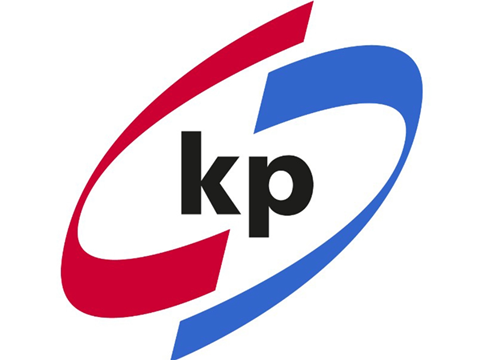
Klöckner Pentaplast has filed for bankruptcy, but what does that mean for its partners and customers – and does it say something about the plastics industry at large? We take a closer look.
As reported by Bondoro, Klöckner faced increased demand during the COVID-19 pandemic and refinanced its capital structure in early 2021 – leaving it with approximately €1.85 billion in first-lien debt maturing in 2026.
Later that year, Klöckner’s customers started destocking excess inventory, and raw material and energy costs spiked. This compressed the company’s profit margins, strained liquidity, and prompted another restructuring.
ION Analytics also notes that changing payment terms and demand from suppliers for more upfront payments have inflated Klöckner’s working capital outflow.
Now Klöckner has initiated the prepackaged Chapter 11 process in the US Bankruptcy Court for the Southern District of Texas. The restructuring agreement is anticipated to reduce debt by around €1.3 billion, strengthen Klöckner’s balance sheet, and ensure financial flexibility in the future.
The aim is to restructure its finances while maintaining operations, with certain partners committing €215 million in new debtor-in-possession financing – a move expected to ensure sufficient liquidity to support daily processes while the company is reorganized.
Klöckner plans to finish the restructuring process ‘as quickly and efficiently as possible’ with ‘no interruption to ongoing operations’. Ownership of the company will transfer to lenders once the plan is complete.
It expects to pay its vendors, suppliers, and business partners in full for goods and services purchased before and after the filing, and lists various countries that have been exempted from U.S. proceedings – these include certain entities in the UK, Germany, Luxembourg, Spain, and the Netherlands.
“The steps we are taking today will provide kp with new owners and a stronger financial foundation to continue driving innovation, delivering sustainable packaging and films, and responding to the needs of our customers with agility and excellence,” said CEO Roberto Villaquiran. “Our operations worldwide are continuing without interruption, and the support of our financial partners demonstrates their confidence in our business and the opportunities ahead.
“We thank our customers, suppliers, and business partners for their ongoing partnership and support, and our employees for their continued hard work and dedication. We are confident that we will emerge from this process better positioned than ever and look forward to further growing our leading portfolio, driving cutting-edge innovation, and bolstering the integral role we play in the customer value chain.”
“For customers, the hoped-for outcome is a better-capitalized supplier with a lower debt burden and greater capacity to reinvest in operations,” observed Peter John Schmitt, managing director at Montesino, in a LinkedIn post. “Stability in the converter base benefits everyone across the healthcare packaging chain.”
Considering the implications for industry at large, Neil Farmer, founder and owner of Neil Farmer Associates, commented: “Klöckner is not alone with its financial problems. There are few plastic packaging companies making money in Europe.
“The precarious state of the plastic recycling industry, which is on the verge of collapse, has also been highlighted in recent weeks […] The sector is going through a transformation and it seems that only the strong will survive.
“As a result, many well-regarded companies will be facing major decisions as to their future direction.”
If you liked this story, you might also enjoy:
The ultimate guide to the Packaging and Packaging Waste Regulation in 2025
How are the top brands progressing on packaging sustainability?
Everything you need to know about global packaging sustainability regulation in 2025
The key to increasing the use of reusable packaging in supermarkets


















No comments yet